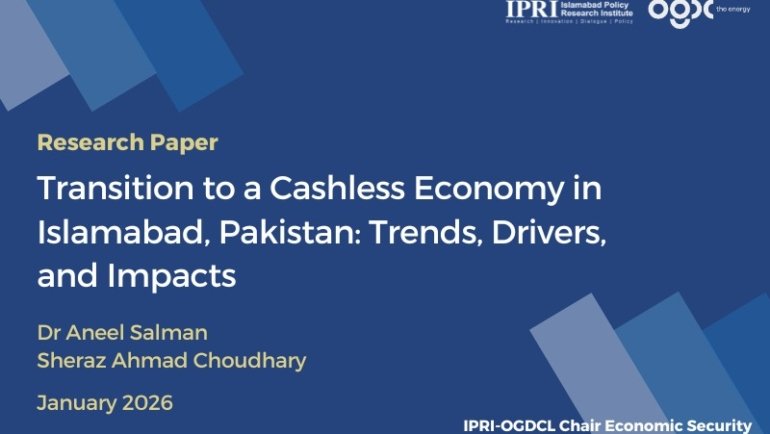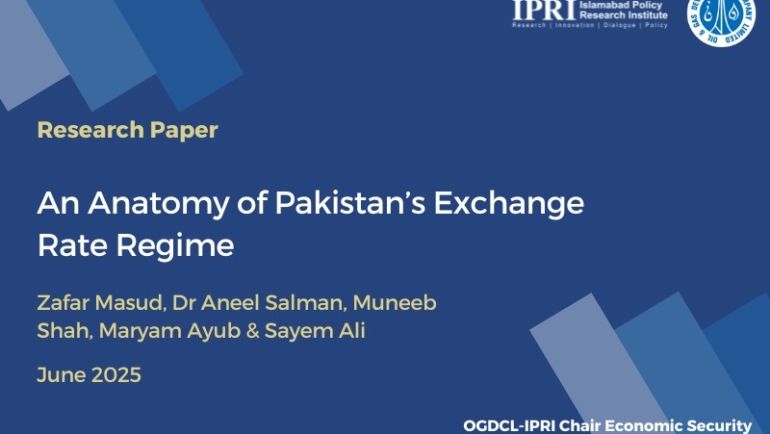This paper provides a textual analysis of Pakistan’s Nationally Determined Contribution (NDC 3.0), identifying the most prominent themes and significant gaps. Pakistan’s NDC 3.0 aims to reach its 2035 target by mitigating 50% of GHG emissions by 2035 (17% unconditional, 33% conditional), while also prioritising adaptation measures. The NDC vigorously focuses on the agriculture, water, energy, and transport sectors, along with cross-cutting issues such as gender, health, and SDGS. The findings reveal significant gaps, such as poor institutional coordination, lack of financial, technical, and human resources, low policy integration, weak implementation mechanisms, limited contextual relevance, and nascent data monitoring systems. The study suggests actionable recommendations such as strengthening the new Pakistan Climate Change Authority, enhancing inter-governmental coordination, reinforcing provincial capacity, investing in climate data systems, and integrating climate actions into essential development plans to help Pakistan bridge these gaps for sustainable impact.


